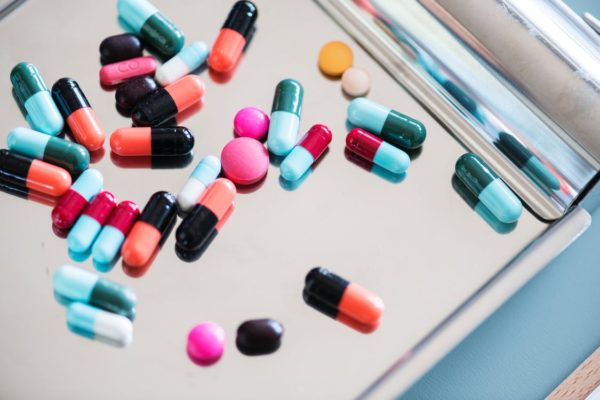Aging Cancer General Well-being
DHEA, dehydroepiandrosterone – an anti-aging hormone – is a naturally-occurring phospholipid nutrient, a steroid hormone produced by the adrenal glands. DHEA is called “The Master Hormone” because it is a precursor for the manufacture of fifty other hormones from the adrenal glands.
DHEA is responsible for the maintenance of many body functions such as fat and mineral metabolism, controlling stress and maintaining male and female characteristics.
Research has found DHEA to have significant anti-obesity, anti-aging, anti-stress, anti-PMS, anti-menopause, and anti-cancer effects. Forty thousand medical studies and articles regarding DHEA have shown that low DHEA levels correlate to increased risk of cancer, heart disease, osteoporosis, obesity, diabetes, and premature aging. When DHEA levels are raised, age-related problems seem to disappear.
Dehydroepiandrosterone (DHEA) is the prime raw material from which the body makes estrogen, testosterone and other hormones. Individuals with higher levels of DHEA performed better than women with lower levels on a test of executive function (general cognitive ability) and concentration and working memory.
DHEA is a hormone that’s naturally produced by the adrenal glands. Levels of DHEA naturally drop after age 30.
A number of studies have found that DHEA supplements may help people with depression, obesity, lupus, and adrenal insufficiency. DHEA may also improve skin in older people and help treat osteoporosis, vaginal atrophy, erectile dysfunction, and some psychological conditions.
 | DHEA (60 caps)"The Master Hormone" and Adrenal Normalizer, Stimulates Beneficial Hormonal Activity View in Store |
Low DHEA levels are associated with aging and a number of diseases, such as anorexia, type 2 diabetes, and HIV. In older men, having low levels of DHEA is also associated with a higher chance of death. However, it’s not clear that using DHEA supplements will help lower the risks of getting any diseases.
DHEA is also said by some to slow the aging process, improve sports performance, enhance libido, promote weight loss, and bolster the immune system.
Additional research has found DHEA to have significant anti-obesity, anti-aging, anti-stress, anti-PMS, anti-menopause, and anti-cancer effects. Forty thousand medical studies and articles regarding DHEA have shown that low DHEA levels correlate to increased risk of cancer, heart disease, osteoporosis, obesity, diabetes, and premature aging. When DHEA levels are raised, age-related problems seem to disappear.
DHEA can act as a neurosteroid, directly affecting targets inside the brain.
Its activities are not fully understood, but some researchers believe it helps protect neurons from toxins and after injuries, such as strokes.
Some research suggests that it may contribute to nerve growth, and that it may help reduce inflammation and prevent cell death.
It may also modulate mood. For this reason, it has been studied for the treatment of mood disorders, such as anxiety and depression.
Research published in the journal Nature in 2013 found that DHEA enhanced connections between the amygdala and hippocampus and reduced activity levels in both regions. These changes are thought to contribute to an enhanced mood and a reduced memory for emotional events.
Some studies have found that naturally higher levels of DHEA and DHEAS have a positive effect on some types of cognitive tasks.
A study of women aged 21 to 77 years found that those with higher levels of naturally occurring DHEAS had better “executive function, concentration, and working memory.”
If you have never added DHEA to your daily nutrient protocol and would like to reap some of these benefits, give it a try.


